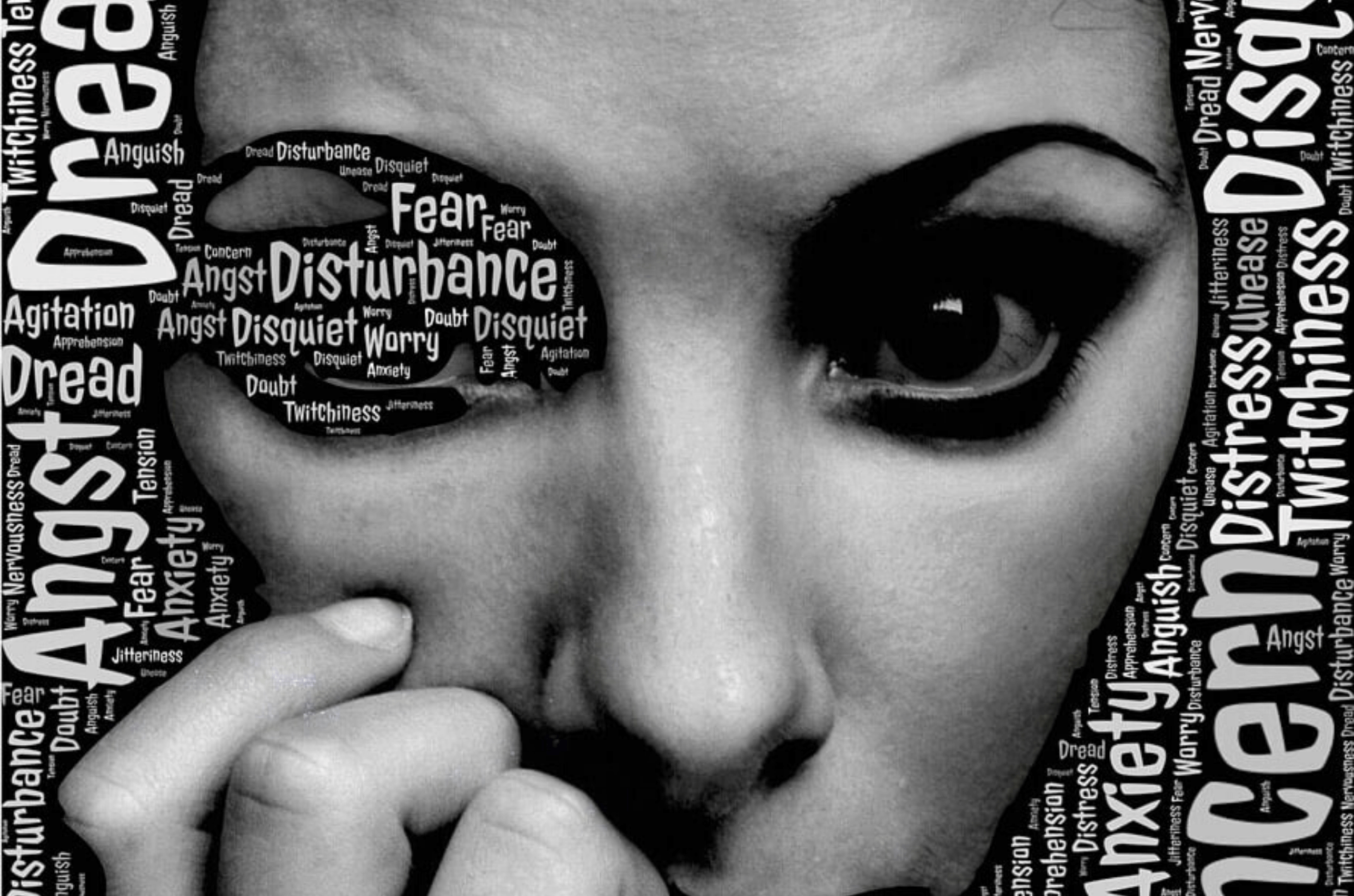Something I’ve learned after working with hundreds of people all over the world is that most of us have no idea where our anxiety comes from. In fact, most of my clients use their anxiety as an excuse to beat themselves up because they feel they must have something wrong with them.
The learning of the origin of the CBD oil for anxiety is essential for the people. You can consult with the people to know about the origin of the medication. It will reduce the side-effects on the health of the people. The meeting of the needs and requirements of the people is possible with the tablets.
But this couldn’t be further from the truth. Almost everyone on the planet experiences some degree of social anxiety and this depends largely on their beliefs about the world.

So what do I mean by “beliefs?”
I define a belief as simply a “guess” about reality. We start forming our beliefs/guesses at a very young age. For instance, when we’re born, we have no concept of dangerous things like fire, wild animals, electric sockets, etc. but as we grow up, we have experiences which lead us to form beliefs.
At some point in your life you might have reached out to touch a candle only to have your body respond with an intense sensation of pain. Right then and there, you might have formed a belief like, “Touching candles are bad because they hurt!”
We can also learn that something is dangerous or “bad” without having the direct experience of pain. If each time we reach for the electric socket our mother screams out, “NO!” then we are likely to form a belief that those little holes in the wall are “bad” because we hear shouting each time we go near them.
Now the process of belief formation is extremely beneficial for our survival. If we didn’t have the ability to form beliefs, we would be stuck learning the same lessons over and over and risk possible harm each time. The problem happens when we form beliefs that aren’t objectively true.
When growing up, we may have a bad experience while socializing: maybe someone calls us “stupid” when we share an opinion or we get punished in front of the whole class for forgetting to do our homework. In these instances, our minds may form a belief such as, “It’s dangerous to speak our mind,” or, “It’s dangerous to have everyone’s attention on me.”
Now if you had a few of these negative social experiences happen to you, then your mind will most likely begin to notice a pattern and conclude that MOST social situations are potentially dangerous. However, we have no idea what our protective mind will conclude. It might conclude that only social situations which involve strangers are scary or it might decide that all situations with lots of people are scary (even if you know everyone there).
In reality, all of these beliefs are not the absolute objective TRUTH although they may have SEEMED true at time based on our experiences. But the problem is that the mind loves to do things on automatic pilot – it just doesn’t have to time to analyze every situation in a split second. So when a new situation happens that reminds us of a past one, out protective mind springs into action almost instantaneously (which can result in those all-too-common feelings of anxiety).

So if you have social anxiety, then on some level you believe that certain social situations are just as dangerous as sticking your hand in a raging fire or being chased by a hungry bear. And since your mind believes this to be true, it will give you a burst of adrenaline in those situations, so you’ll have the opportunity to physically protect yourself or run away from the threat.
So now that you know where SA comes from, the next step is learning how to overcome it for good. If you haven’t already, go ahead and sign up for my free program and I’ll teach you exactly how to re-educate your mind so you can let go of these improper beliefs and learn how to socialize with ease in all social situations.




